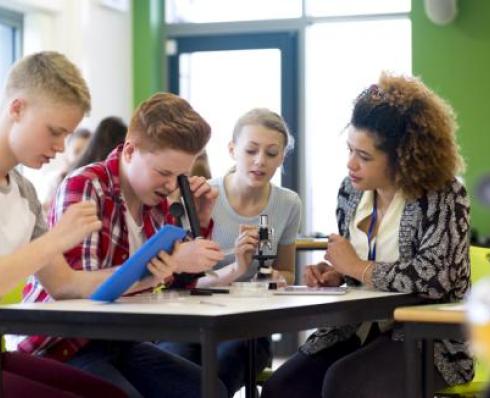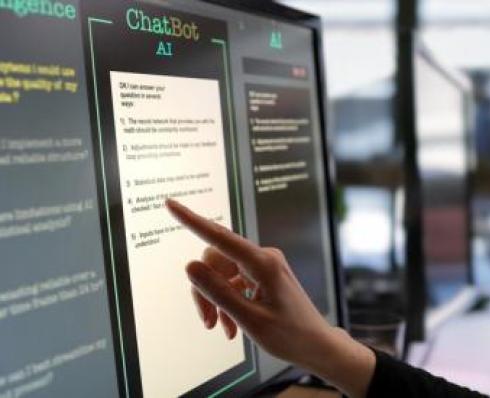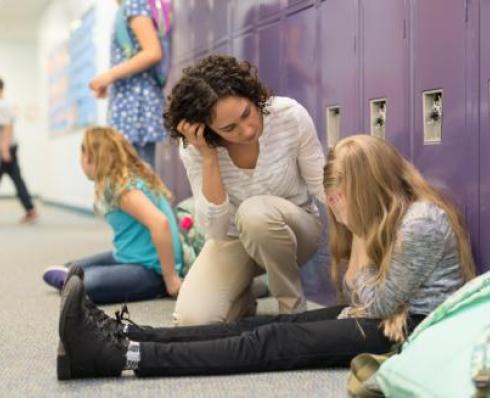
Post-Primary
In developing the Partnership for Learning suite of courses, we aim to provide courses which are of interest to staff in our 4 key sectors: Early Childhood Education, Primary, Post-Primary and Further Education and Training. The following courses are all suited to Post-Primary Education, although staff in other settings are free to participate in most of the courses provided.
|
Course Number |
Name of Course |
Dates |
|---|---|---|
|
PL03 |
Exploring Scientific Literacy |
Tuesday 21st October ‘25 Tuesday 4th November ‘25 |
|
PL04 |
Supporting Neurodivergent Learners in Post-Primary and Further Education |
Tuesday 21st October ‘25 Tuesday 4th November ‘25 |
|
PL05 |
Plants: their biodiversity, structure, ecology, and physiology. Skills and Practicals |
Thursday 23rd October ‘25 Thursday 13th November ‘25 |
|
PL08 |
An introduction to using AI tools in the MFL classroom |
Tuesday 4th November ‘25 Tuesday 25th November ‘25 |
|
PL10 |
Futures thinking and futures literacy for post-primary/FET educators |
Thursday 6th November ‘25 Thursday 20th November ‘25 |
|
PL11 |
Supporting EAL Students in Post-Primary Classrooms |
Monday 10th November ‘25 Monday 17th November ‘25 Monday 24th November ‘25 |
|
PL15 |
Creative Writing in the Post-Primary Classroom and FET classroom |
Tuesday 13th January ‘26 Tuesday 20th January ‘26 Tuesday 27th January ‘26 |
|
PL17 |
EAL at Post-Primary Level: Partnerships in Practice to Support EAL Learners |
Thursday 22nd January ‘26 Thursday 29th January ‘26 |
|
PL18 |
Understanding, Living and Leading the Ethos in a Catholic School |
Wednesday 28th January ‘26 Wednesday 4th February ‘26 Wednesday 11th February ‘26 |
|
PL22 |
Introduction to legal issues for teachers |
Monday 2nd March ‘26 Monday 9th March ‘26 |
Course Details
Interested in further study at DCU?
In addition to the Partnership for Learning non-accredited courses, the DCU Institute of Education also offers a wide arrange of postgraduate courses. See HERE for more details.










